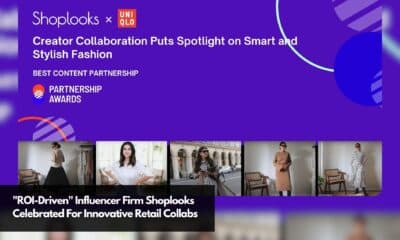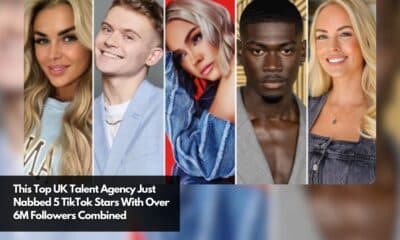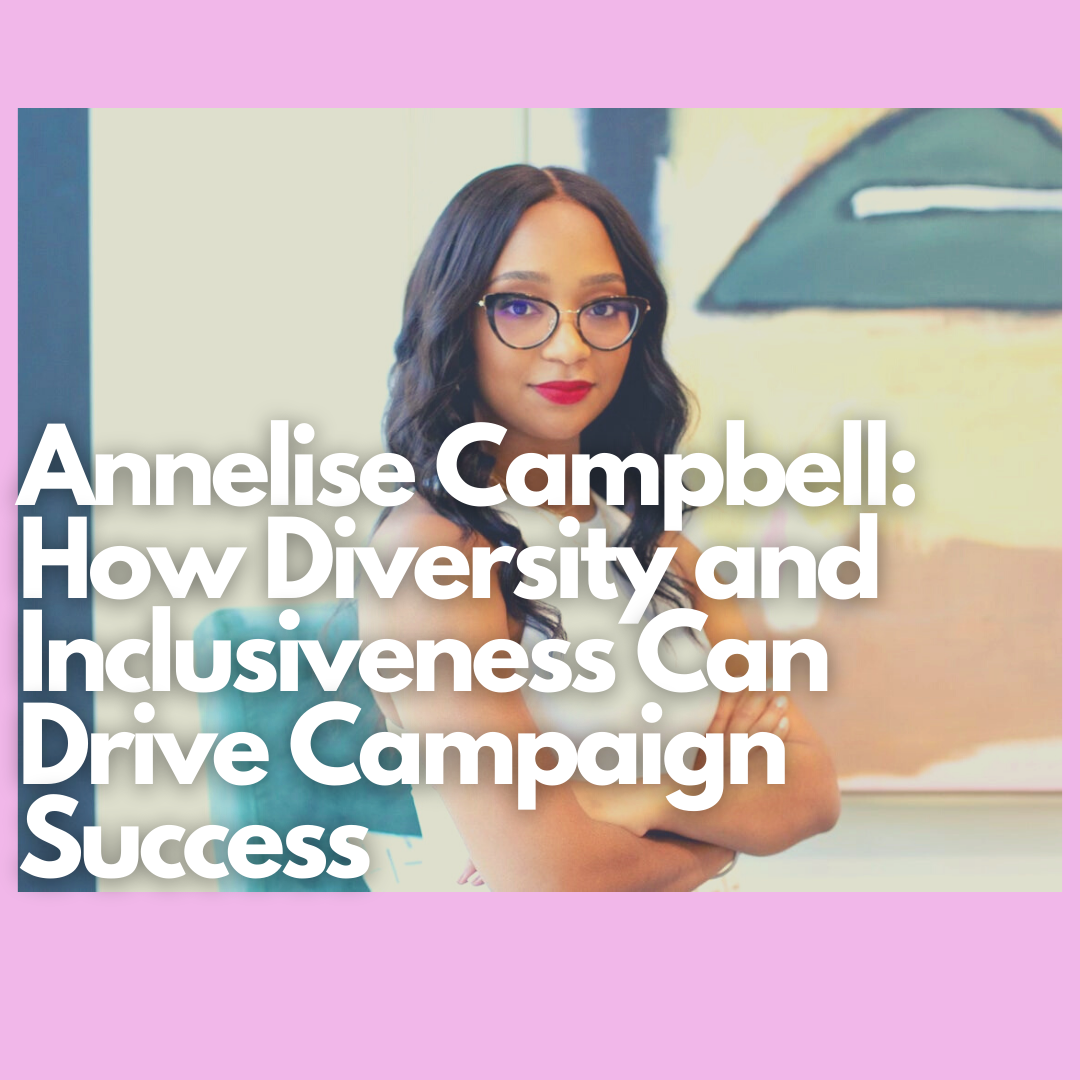
Agency
Annelise Campbell: How Diversity and Inclusiveness Can Drive Campaign Success
Annelise Campbell is an experienced marketing expert. After years in the industry, managing social media marketing strategies and later working for a public relations firm in New York and Dallas, she branched off on her own to found CFG Talent. Her goal is to connect talent from diverse backgrounds with brands that need what they have to offer: a different perspective
Brands that are willing to make an effort to prioritize diversity and inclusiveness may realize that they have more success in their campaigns than ever before.
Before Annelise Campbell founded CFG Talent, she worked in the traditional digital and advertising spheres. The beginning of her career was largely focused on social media and media management for CPG brands; she helped them manage their social channels and marketing strategies, and run ads on Facebook, Instagram, and other platforms.
“I built my career primarily in consumer packaged goods and consumer-facing work. And then I did business-to-business stuff for a while,” Campbell said. “In my most recent role – before I left to found CFG – I was focused on prestige and luxury beauty. I worked for a media agency where I was leading all of the media and paid influencers in the U.S. for NARS cosmetics.”
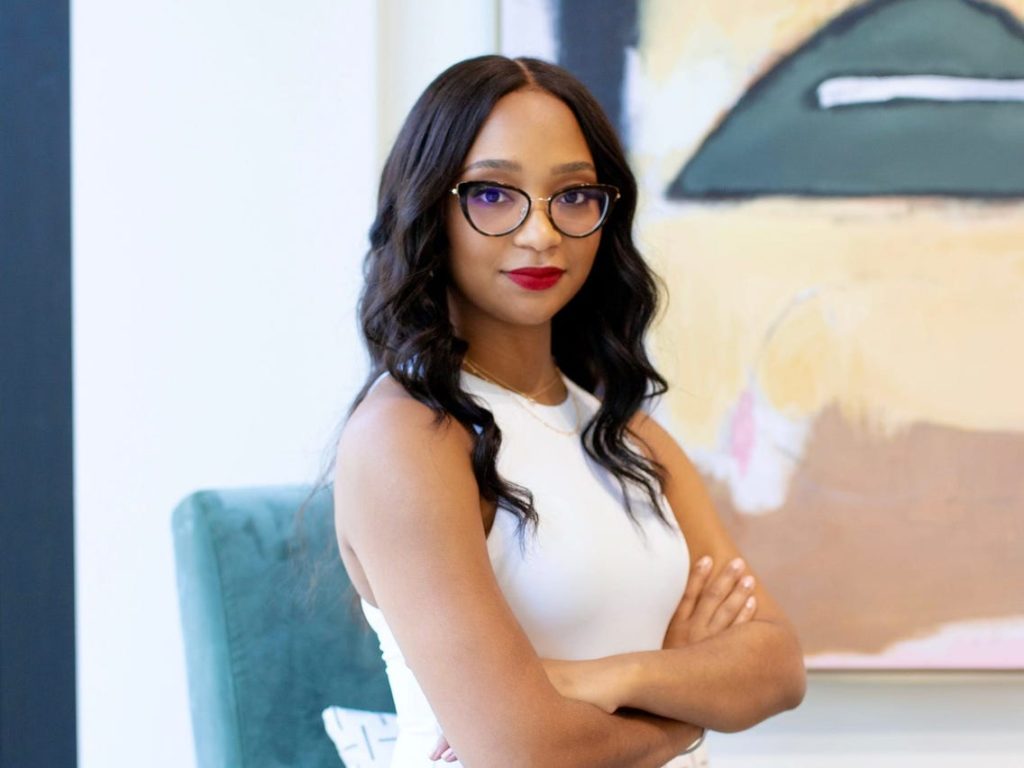
As Campbell was doing paid media and digital work, she found herself absorbing a lot of influencer content outside of work. When clients started asking if they should be thinking about influencers and how they should leverage them, she was tasked on her digital team as the Influencer Lead. At that time, all influencer work went to her.
“I love all things strategy,” she said. “I thought influencers were a way for brands to be – and continue to be – really strategic and thoughtful. And so my career kind of shifted from the ‘digital and paid media expert’ to the ‘influencer expert.’”
Campbell took the lead on influencer campaigns for global brands like Pepsi, Magnum, and L’Oreal.
At that point in time, influencer marketing was still relatively new to the marketing industry. Campbell said that her first experience working in the influencer marketing space was “like the wild, wild west.”
“Brands just wanted to hop on the trend,” Campbell said. “They didn’t really know what was going on. It was very different from what it is now. I remember one of the first influencer campaigns I did, there weren’t a ton of measurement tools and the brand wanted to know how people felt about [their efforts].”
In order to gain insight into how the influencer marketing campaigns she was in charge of were performing, Campbell and her team had to do a “manual sentiment analysis” by combing through every comment and marking them as positive, neutral, or negative and then assessing the general opinion.
Taking the Industry Into Her Own Hands
Although Campbell was living her position in the influencer marketing world, there were issues that she could not help but overlook:
“I could see the discrepancies and unfairness and some of the racial impacts and how that affected people of color. They weren’t getting the same opportunities, brands weren’t paying them the same amount, they were scrutinized more, brands were holding them to harder standards than their white counterparts. As a person of color, that was something that I really wanted to combat.”
Her very own influencer marketing agency, CFG Talent, was born out of what she saw as the absence of prioritization of diversity, inclusion, and equity in the influencer space.
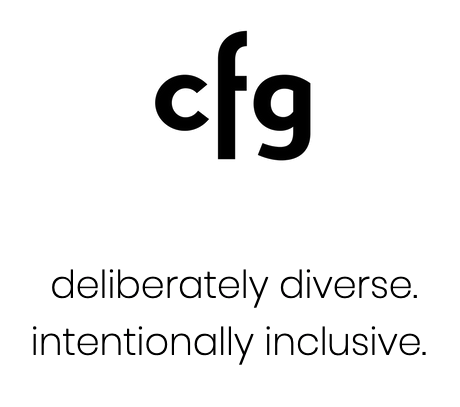
“CFG is an influencer marketing agency focused on diversity and inclusion and equity at our core,” Campbell said. “Our motto is that we are ‘deliberately diverse and intentionally inclusive.’ We prioritize signing and representing communities of color with all of the talent that we represent.”
Campbell’s goal with CFG Talent is to fill a gap in the market where there “wasn’t genuine interest for underrepresented communities.” Campbell believes that now brands are realizing they need to be more diverse and intentional, but when she first started CFG, she didn’t see a lot of agencies who had rosters as diverse as hers.
“The goal was to come into the space to help these under-represented communities get representation. And then to also help brands educate themselves along the way; help brands see the value of diversity, inclusion, and equity in their marketing and how that can actually pay off if it’s done correctly and with the right intentions.”
Diversity and inclusion is so important to CFG because “not including people is exclusionary,” Campbell says. “We’re at a point right now where the majority of the population – if you just look at the United States – is people of color. And so to not accurately represent those people means you’re missing out.
“Just showing that representation and having people who look like the audiences that you want to serve and the customer base that you want to attract goes such a long way. Especially if it’s done authentically.”
Campbell says that she has seen a shift in the industry recently, and that the shift was prompted by social movements.
“I think especially last year with the Black Lives Matter movement and all of the protests we saw so many brands extend an olive branch to say, ‘We’re sorry. What can we do better?’ and to give creators a seat at the table.”
Although it’s a good start, according to Campbell, she stresses that it’s important that brands understand the work that goes into genuine inclusion.
Brands will have to actively work to level the playing field to make sure that the new talent they’re bringing on will operate at the same levels as their current talent. Campbell says that one of the biggest mistakes she sees is when brands are not intentional with who they’re casting and with their messaging.
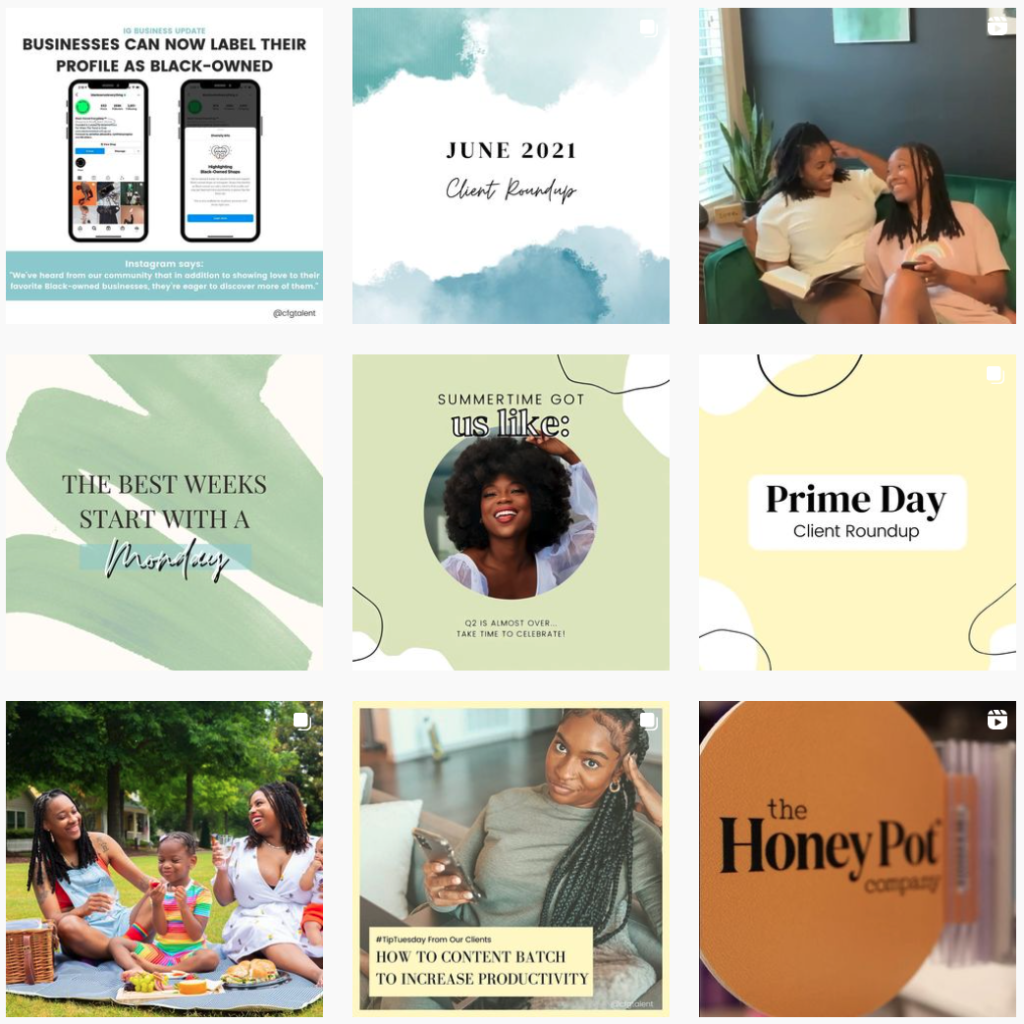
In one situation, CFG had an influencer who was not comfortable with showing her natural hair on camera. She wore a wig as a protective style and the brand could not understand why she wasn’t able to just remove it and wash her natural hair. Campbell says that brands need to be more thoughtful in terms of how they brief things, especially if they’re going to be catering to more diverse creators.
“Not everyone has the same hair texture and everyone’s hair needs are not the same. [Brands] need to make sure that [their] messaging, product, and the way [they] talk about the campaign are equipped to make sense whether you’re white, Spanish, Asain, Black – it has to be universal and transcend across all groups.”
Annelise Campbell: Genuine Inclusivity and Success go Hand in Hand
Brands that do get it right see great success in their influencer campaigns. For example, CFG recently worked with a Black-owned hair care company that had a new offering for women with natural hair, and they wanted to partner with people who had real authority in the natural hair care space. CFG placed a few influencers from their roster across the brand’s key markets, which included Houston, Chicago, and other cities. With Campbell and CFG’s help, the brand’s campaign was successful.
“It was a really good, organic fit between the creators and the brand. The results absolutely show that. They were running a giveaway and they saw really strong insights from increasing entries into the giveaway from our creators that they partnered with.”
As the influencer marketing world expands, it’s likely only going to become more apparent that brands either have to embrace diversity and inclusion in a genuine way or they risk becoming irrelevant – especially if they are making members of their audience feel excluded.


